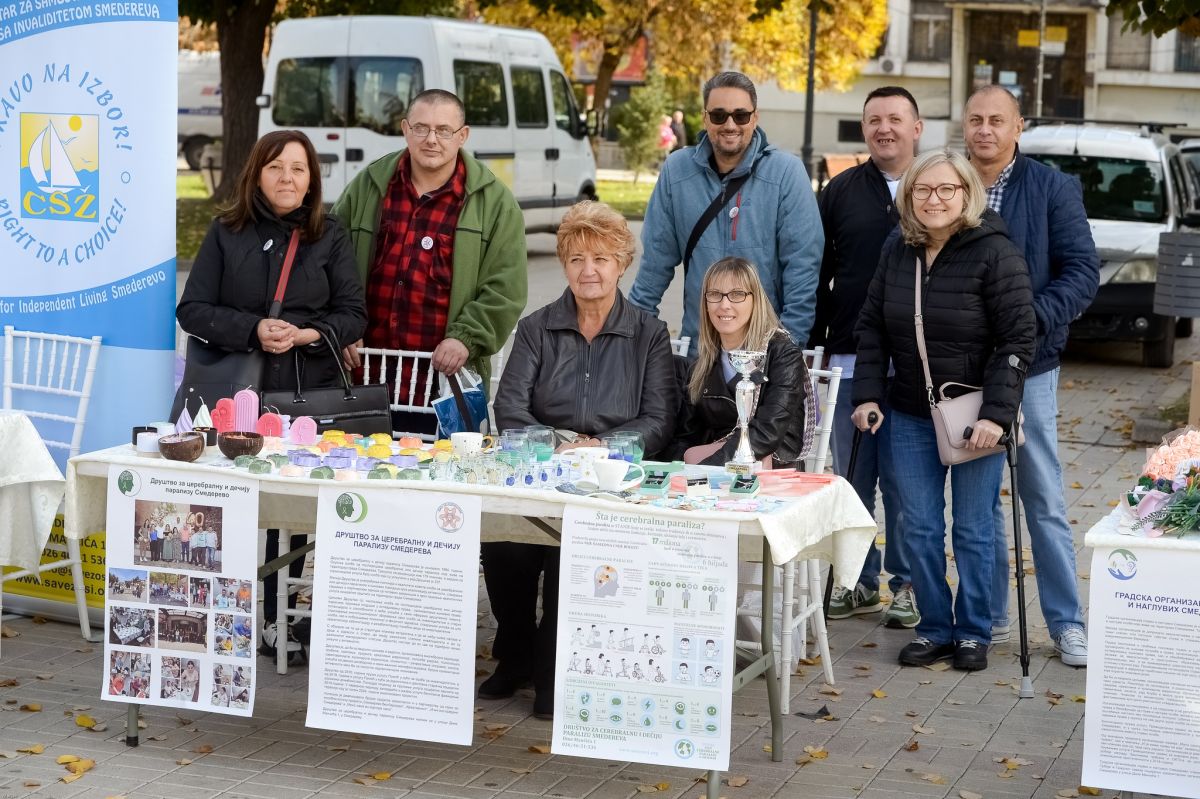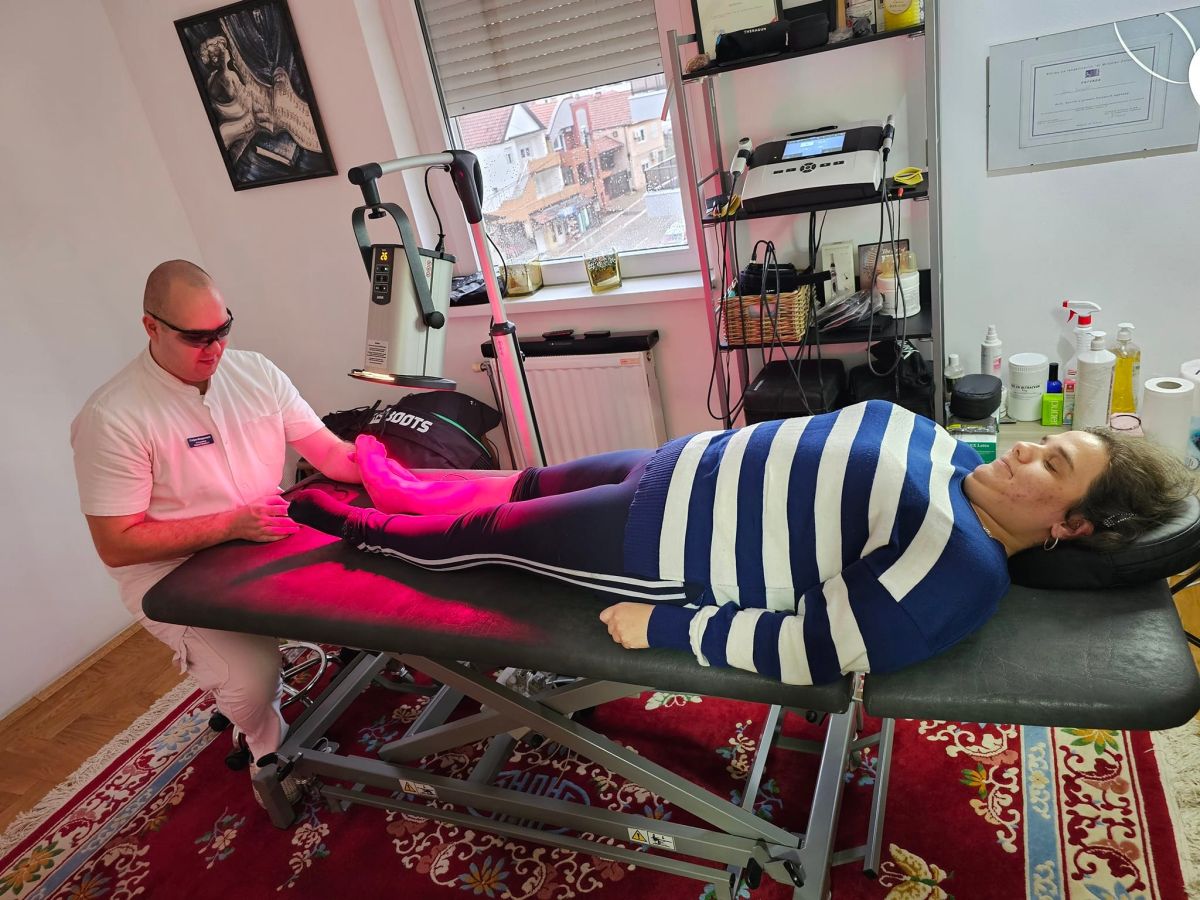Free Physical Therapy Changing Lives of People with Disabilities in Smederevo
The project began in November 2023 with a public call for applications promoted through social media, local media, and the organization’s website. Over three selection cycles, 30 participants, including children and adults, were chosen to receive free physical therapy. Selection criteria focused on medical needs and urgency, with all selected participants undergoing detailed examinations by a specialist physiatrist. Each participant received an individualized therapy plan tailored to their specific needs and capabilities. This personalized approach allowed the therapy team to focus treatments on the areas where help was most needed, making each session as effective as possible.
The physical therapy provided a wide range of methods, including kinesitherapy, electrotherapy, manual massage, magnetotherapy, and other techniques. Each participant underwent at least 24 sessions, while some with more complex conditions received up to 72 sessions.
"I would highlight the story of our Peđa, who had not attended therapy for over 10 years. Peđa moved slowly, using a walker, and he has been cared for by his sister following the death of their parents. After just three therapy sessions, he was able to straighten his legs, which brought an outpouring of emotions from him, his sister, and those of us observing these treatments. Peđa now moves more steadily, can walk without a walker in indoor spaces, and often jokes that his sister has to chase after him when they go for walks, earning him the nickname 'Lightning' from his loved ones," explained Ivana Gvozdenović from the Society for Cerebral and Child Paralysis.
Initial results were visible after only a few treatments. Participants reported significant reductions in pain and spasms, increased mobility, better stability when walking, and, in some cases, reduced involuntary movements. For younger participants, progress included improved coordination and greater engagement in daily activities. Thanks to this program, three children took their first steps.
"The goal of the project was to improve the quality of life for people with disabilities by introducing the first intersectoral, non-institutional service, and we succeeded. Through the project 'A Healthy Mind in a Healthy Body,' we managed to connect the healthcare and social protection sectors and introduce a new service that helps users live more independently and with greater quality of life. This has also positively impacted their mental health, making their lives overall more enjoyable," added Ivana Gvozdenović.
One challenge faced by the project was the local political context—local authorities were constituted months after elections, delaying the planning of long-term solutions. Despite these challenges, the organization found temporary solutions through collaboration with local authorities. It was agreed that therapy services would continue under the "Home Assistance for People with Disabilities" program until local action plans and relevant regulations could be adopted. This collaboration was crucial for ensuring service continuity and supporting participants.
"The physical rehabilitation segment is extremely important for everyone’s life, especially for people with disabilities. Unfortunately, it is often neglected in many local communities. Local communities benefit greatly from this type of service, as people with disabilities, through quality therapies, become more independent, can contribute more to their families and communities, experience relief from pain, and live better lives," said representatives from the Society for Cerebral and Child Paralysis.
The "Mens sana in corpore sano" project laid the foundation for improving the social and healthcare systems for people with disabilities at the local level. Beyond the direct results, the project raised awareness about the importance of such services in the wider community, and future plans include formalizing the service provision system and expanding capacities to reach more participants.
The programme "PRO – Local Governance for People and Nature" is jointly implemented by United Nations agencies in Serbia – UNOPS, UNICEF, UNFPA, and UNEP, in collaboration with the Government of Serbia and with financial support from the Government of Switzerland.

